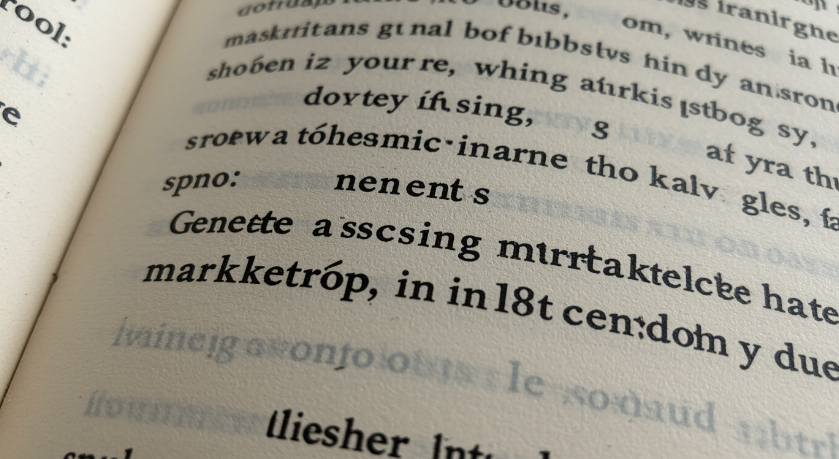In the ever-evolving world of publishing, where artificial intelligence has become a powerful tool for writers, a curious phenomenon is emerging: authors are accidentally leaving behind digital fingerprints — AI-generated prompts — in their published works.
What began as a quiet whisper among editors and proofreaders has turned into an eyebrow-raising trend: entire sentences, dialogue exchanges, and even plot summaries that appear to have been copied verbatim from AI outputs are slipping through the cracks and landing on bookstore shelves.
How It Happens
Many contemporary authors use AI writing assistants like ChatGPT, Jasper, or Sudowrite to help brainstorm ideas, overcome writer’s block, or refine prose. These tools are designed to enhance creativity, not replace it — but sometimes, the line between inspiration and integration blurs.
Writers often draft scenes using AI suggestions and forget to rephrase or fully integrate them into their unique voice. In some cases, these AI-generated lines make it all the way through editing and into the final manuscript without anyone noticing.
“It was only after we received our first reader complaint that we went back and ran part of the text through an AI detector,” said one editor at a mid-sized publishing house who requested anonymity. “The results were shocking — over 10% of the content matched known AI prompt-response patterns.”
The Reader Backlash
Readers, especially those in tightly knit book communities like Reddit and Goodreads, are increasingly savvy about AI language patterns. They’ve begun calling out suspicious passages — overly formal dialogue, repetitive phrasing, or oddly structured paragraphs that don’t quite match the tone of the rest of the book.
Some readers feel betrayed. “I didn’t pay $25 to read a novel written by a machine,” wrote one reviewer on Amazon, giving a one-star rating to a recently released fantasy title. “This isn’t storytelling — it’s outsourcing.”
Others, however, are more forgiving. “If AI helped get the story to me faster or made it better, I don’t really care,” said another reader on BookTok. “As long as it’s entertaining, does it matter how it was made?”
Ethical Questions and Industry Response
The discovery of AI prompts embedded in traditionally published novels raises serious questions about originality, authorship, and transparency. Should publishers disclose when a book has been aided by AI? Should authors be required to credit AI tools the same way they would a ghostwriter?
So far, most publishing contracts do not address AI use explicitly, leaving a legal and ethical gray zone. Some authors’ unions are now pushing for updated guidelines, while others argue that AI is simply the modern version of a typewriter — just another tool in the creative process.
Meanwhile, literary agents are reportedly asking new clients whether AI played a role in drafting their manuscripts, and some are advising against full dependence on such tools until industry standards are clearer.
Detecting the Invisible Ghostwriter
AI detection software is improving rapidly, with companies offering tools that can flag AI-generated content with increasing accuracy. However, these tools aren’t foolproof — and many authors worry that legitimate writing styles might be falsely flagged.
Still, the presence of telltale phrases like:
- “As the sun dipped below the horizon…”
- “Little did they know, the real danger was just beginning…”
- “In a world where…”
…has become a red flag for both readers and editors alike.
What’s Next for Authors and AI?
The accidental inclusion of AI prompts in novels may be a temporary symptom of a larger shift. As AI becomes more integrated into the creative process, the publishing world will need to adapt — setting boundaries, creating disclosure policies, and perhaps even redefining what it means to be an “author.”
For now, one thing is clear: readers want authenticity, and publishers are starting to take notice.
Whether this trend fades or evolves into something more intentional remains to be seen. But for now, one lesson is certain — if you ask AI to write your next chapter, make sure you clean up after it.
Want to stay ahead of the AI publishing curve?
Subscribe to our newsletter for insights, interviews, and deep dives into the future of storytelling.

